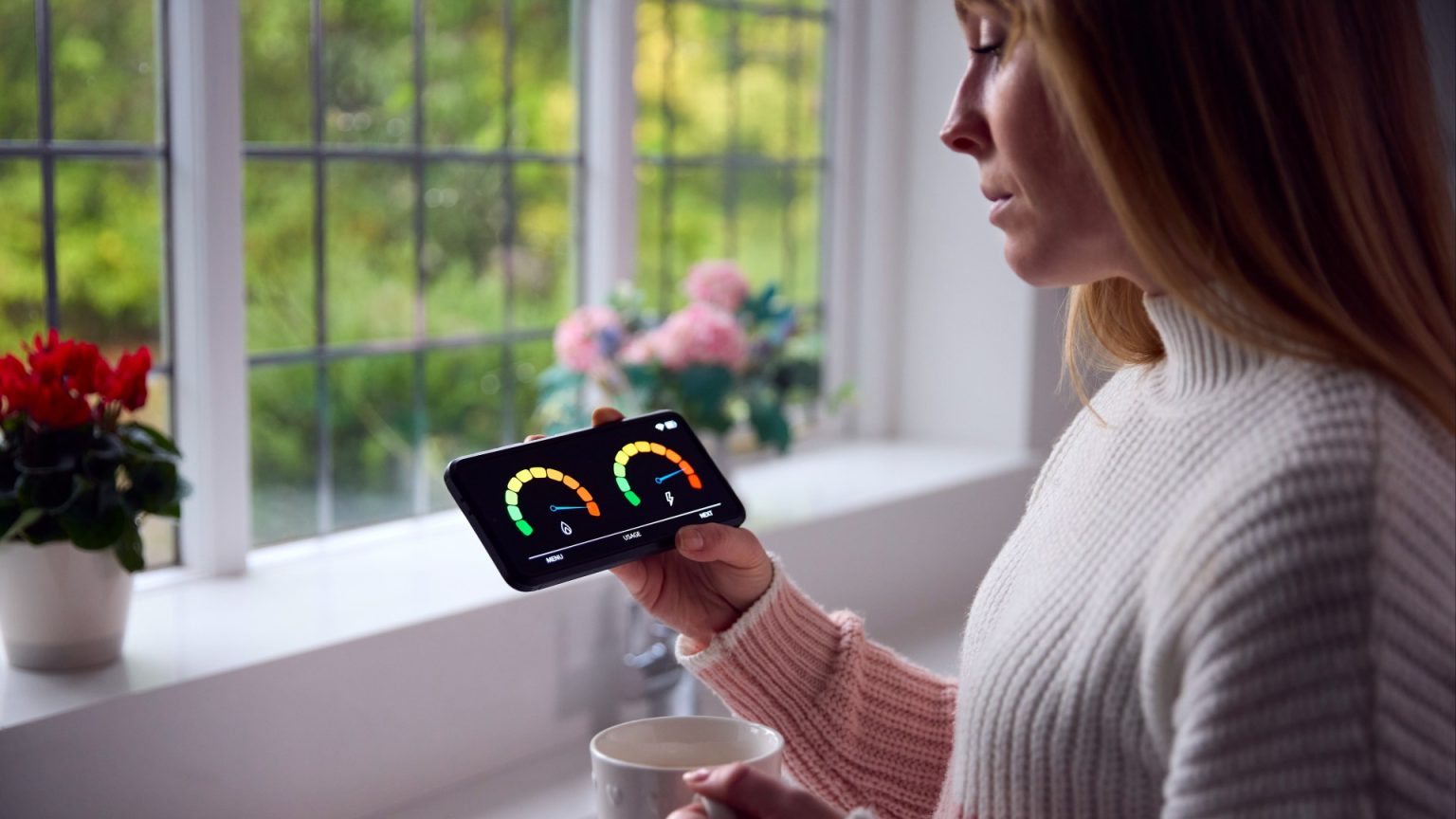A significant change to energy bill rules that was intended to lower costs for millions of households has been delayed for a fourth time. The Market-Wide Half-Hourly Settlement (MHHS) program, which would see suppliers calculate customers’ bills every half hour based on smart meter data, was originally set to take effect in March 2024 but has now been postponed to September 2025. This delay means that consumers will have to wait longer for the expected savings, as most are currently billed based on estimated usage profiles rather than actual consumption data obtained from smart meters.
The MHHS program aims to save households with smart meters an estimated £214 million annually, with potential savings of around £6 per household if distributed equally. By requiring all electricity suppliers to settle their accounts based on actual half-hourly consumption data obtained from smart meters, the program seeks to equalize the prices that energy companies and consumers pay for electricity. Currently, consumers do not see the same frequent price changes that energy companies incur for electricity from providers, as many energy companies update their billing less frequently. This delay is a setback for consumers looking to benefit from more accurate and potentially lower energy bills.
The introduction of half-hourly settlement, facilitated by smart meters, would end estimated billing and introduce time-of-use tariffs. This means that consumers would pay for the electricity they use at prices that reflect real-time generation costs, allowing for more savings when energy use is shifted to off-peak times when demand and prices are lower. However, consumers without smart meters will not benefit from these changes, highlighting the importance of having a functioning smart meter to access potential savings and accurate billing.
Smart meters were first introduced to homes in 2011, with the initial government target of installing one in every UK home by 2020 extended to 2025. These devices eliminate the need for traditional meter readings, providing more accurate billing based on actual usage as opposed to estimates. Smart meters also allow users to monitor their energy consumption at various times of the day and night, helping them make informed decisions about their energy usage. However, faulty smart meters operating in “dumb mode” may prevent consumers from accessing the savings provided through the MHHS program, leading to potential inaccuracies in billing if meter readings are not being shared with energy suppliers.
If consumers encounter issues with their energy supplier, they can follow a complaints procedure similar to financial services firms. By explaining the problem and desired resolution, checking the supplier’s website for complaint procedures, and giving the supplier eight weeks to respond and reach a decision, consumers can escalate the issue to the Energy Ombudsman if necessary. The Energy Ombudsman may be able to help resolve complaints about energy or communications providers if a satisfactory solution has not been reached within eight weeks. Consumers still have the option to take their complaint further through the courts, but this can be a costly and lengthy process, so it’s important to consider alternative resolution options before proceeding.











